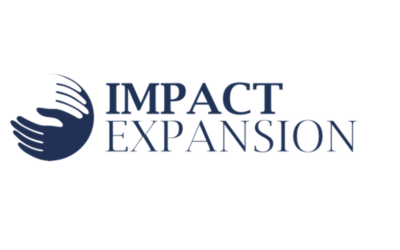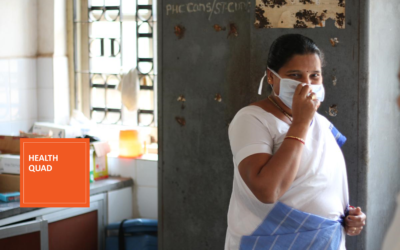India is facing an unprecedented migrant worker crisis as a result of the nationwide lockdown. The current conditions have led to a mass exodus of migrant workers, stranded thousands in cramped relief camps, and continue to place a strain on food supply chains in a nation of 1.3 billion people. An estimated 80 million migrant workers have been displaced because of the crisis.
The lockdown fueled a reverse migration from India’s densely populated cities to the hinterlands, and many migrants were forced to take the dreadfully long walk home. As several parts of the economy begin to reopen, an acute shortage of migrant workers will be felt. Hence, it is paramount to ensure safe living conditions and sufficient economic opportunities for the return of these workers.
Migrant workers face a collosal threat to their health and livelihood
Over 50% of India’s migrant workers earn just Rs 200-400 a day ($2.6-$5.2), much below the prescribed minimum for unskilled workers. This is due to the highly informal and exploitative nature of the informal sector. With a loss of income and family support, these workers are likely to exhaust their savings and become indebted. This, in turn, may leave them far more vulnerable to exploitation and hardships.
Moreover, they tend to live in densely populated slum pockets where disease spreading can pose an important threat to the whole community. The absence of adequate healthcare facilities in these areas leaves them hugely exposed and vulnerable.
Execution challenges create a bottleneck in government actions
Relief measures announced by the government include income support for workers registered with Building & Construction Workers Welfare Fund (BOCW), and healthcare in the form of free coronavirus testing and treatment for the beneficiaries of the national health insurance scheme.
Despite the best of intentions, a large proportion of workers remain excluded from the relief. This is due to a host of challenges in availing these benefits:
Inactive bank accounts
The bank accounts of the registered workers need to be active in order for them to receive the benefits. However, most migrant workers rely on cash payment and don’t have active bank accounts
Lack of Awareness
There is a general lack of awareness among the migrant worker community about government welfare schemes that support their livelihood and healthcare, and how to access them.
Insufficient coverage
Only a fraction of the construction workers are actively registered with various construction boards.
Absence of documents
Mandatory documentary proofs such as Aadhar and ration cards need to be submitted for availing benefits under the scheme. Many times, these are held in physical formats in their home states, thereby making them ineligible to claim benefits at their work location.
Mobilising private sector participation through innovative finance: a solution to support migrant workers in COVID-19 times?
As the largest employer for migrant workers, the construction sector has a crucial role to play in ensuring that the returning workforce is able to access a safe working environment and eligible benefits. Several non-profits have been actively working to ensure last mile delivery. However, they remain largely dependent on access to grants that are often ad-hoc and insufficient.
The success of interventions at scale would require the combined efforts of the private sector and philanthropic actors within the framework established by the government. Innovative finance offers some interesting tools that can enable this. Here are some illustrative ideas that emerged from discussions with stakeholders working in the sector:
Concessional capital
Contractors are often the primary employers for migrant construction workers working in the private sector and often face severe hurdles in accessing regular and low-cost capital. This impairs their ability to pay timely wages and invest in worker entitlements.
A solution to this issue could be a working capital facility that would offer short term loans at concessional rates to contractors complying with ethical business practices. Impact investors can play a key role in this by providing upfront concessional capital to fund to this facility.
Risk guarantees
Due to a combination of risk aversion and insufficient digital footprint, most lenders are averse to financing contractors. Here, both private sector (such as corporates and investors) and philanthropic actors could help de-risk the lender’s portfolio of loans.
For instance, an instrument such as a first-loss guarantee could cover losses arising from defaults up to a pre-agreed limit. This would encourage commercial lenders to invest their capital into an untested segment and in turn create positive incentives for ethical contractors.
Result-based financing (RBF) mechanisms
Often, access to financing in itself can solve part of the problem but fail to lead to a behavioural change. Tying funding to independently measured outcomes using RBF mechanisms could help accelerate behavioural changes.
One such example would be an outcome-linked interest buydown. In this case, an outcome funder could reimburse the contractor a portion of the interest burden when he/she achieves improved working conditions for workers. This would be validated by an evaluator.
Migrant workers play an undeniably important role in India’s economy, and, as many, have greatly suffered during this pandemic. As India economy relaunches and migrant workers come back, let’s work to create fairer working conditions.
About the authors
Aadit Devanand is a Manager at KOIS Mumbai
Sunny Dargan is a Senior Analyst at KOIS Mumbai




